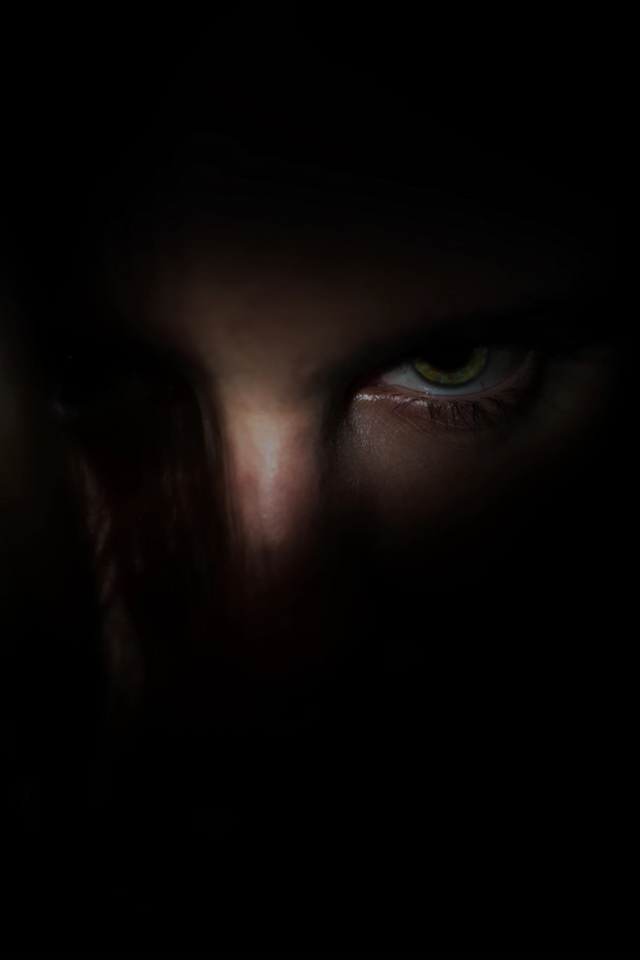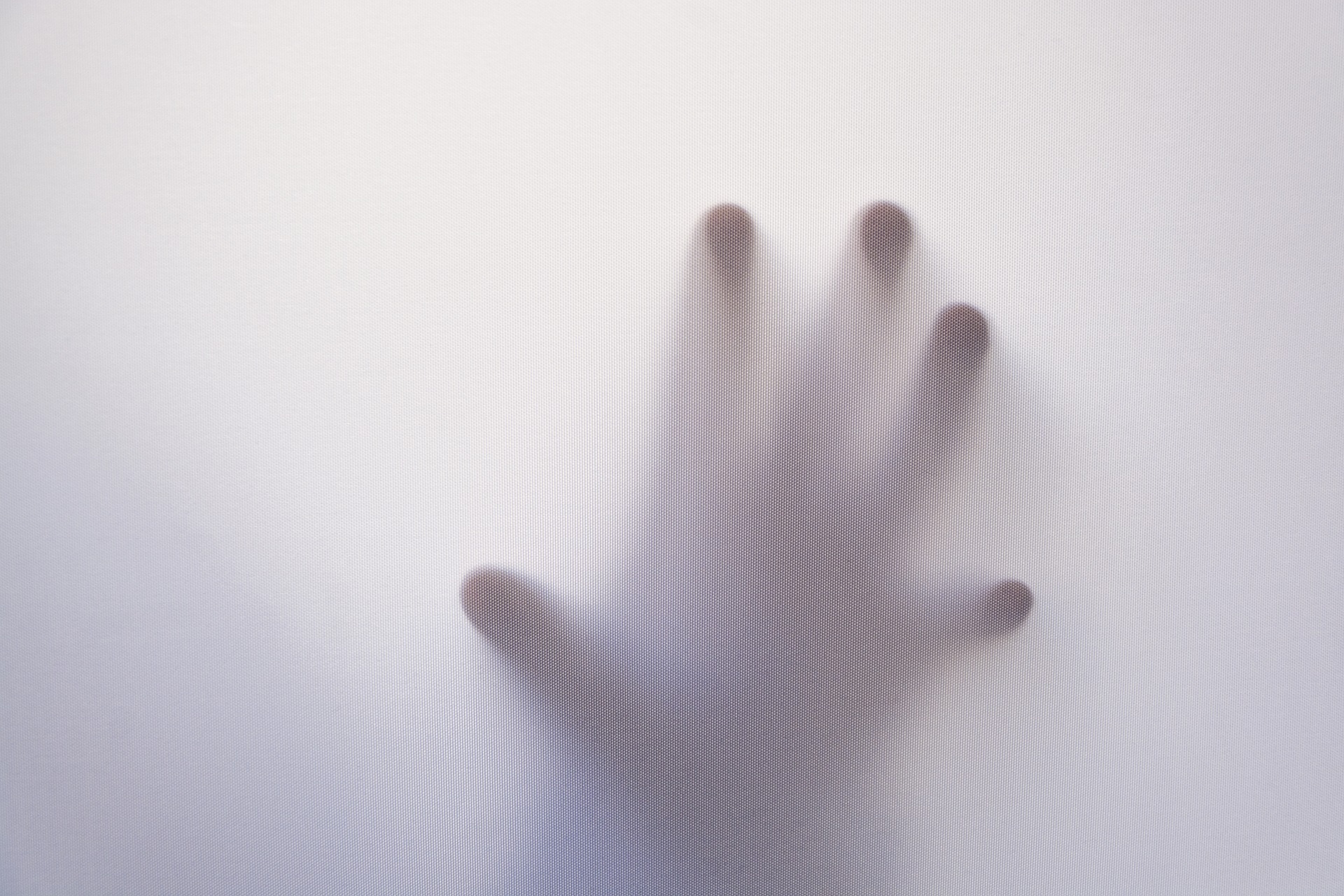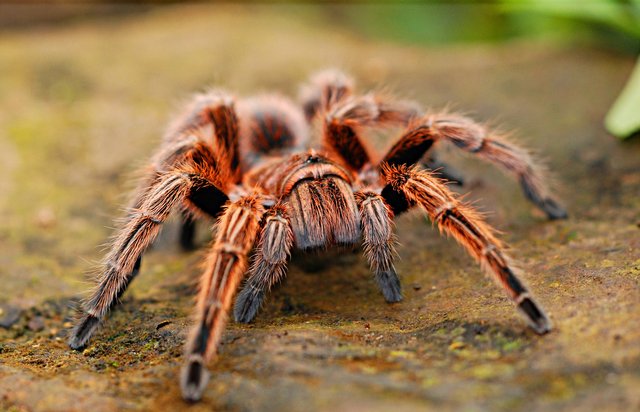Psychology Chronicles Series #14: Unlocking the Psychology of Fear,Phobias and Anxiety | What You Need To Know About Things That Scares You

"Do one thing everyday that scares you" easier said than done right? How is it even possible to face your darkest fears by trying to control yourself not to freak out? My partner would often tell me that the more I refuse to confront things that creeps the hell out of me,it would eventually build a massive barrier of stress and anxiety inside.
According to him repeated exposure to our phobias would often result to familiarity. It would reduce the uneasiness and distress felt when faced with our irrational fears.
I have both Achluophobia(Fear of darkness) and Acrophobia(Fear of heights).These may be considered as common types of phobias but these are the things that freaks me out the most. I was always afraid of the dark when I was still a little kid. I acquired this fear because my mom is also afraid of the dark. She cant sleep when the lights are turned off in our room so I've spent my childhood years sleeping in the light. That maybe the reason why I developed a fear on darkness because I used to sleep with the lights always turned on. Horror movies greatly influenced me in building up this fear because it is usually presented in horror films that all the scary things would pop out in the darkness. So as I grew up I realized that maybe I am not really afraid of the dark but I might be afraid of what's lurking behind it.
My irrational fear of heights started when I had loads of nightmares about falling into the ground. It all started on 6th grade when I would hysterically cry to my mom about dreams of falling. It usually starts with me flying or climbing the peaks of mountains or staying at sky decks. It was fascinating at first because I get to see the world from the top but everything changes when I lose my stand and falls down from where I am. It was so scary so I then avoided elevated places like rooftops and even emergency exits located at the sides of buildings.
The concepts of fear all started with the "fight or flight response". In the early years of mankind,our ancestors in order to survive has too hunt for food. Hunting means risking their lives from predators to be able to eat. This type of response protects our ancestors from the threats of the environment. Presently,our concept of fear does not center on physical dangers of the environment alone but our fears are already wrapped with negative emotional responses. When we are afraid,our body prepares ourselves to either fight or run away. Since our body cannot differentiate between physical dangers or emotional threats it will react automatically to prevent both.
The Physiology of Fear

Ever wondered what happens to our body when we are afraid? Fear is an important feature of our body's security system. Without it, our body couldn't identify disasters and tragedies that may come. It's a type of emotion that we usually feel because we are just trying to protect ourselves from potential harm. When fear kicks in,our brain sends signals to other parts of our body to prepare them for possible threats. The amygdala a part of the brain that is responsible for immediate detection of potential dangers will send signals to the Autonomic Nervous System to administer effects. This would include increased heart rates,difficulty in breathing,sweating,increase of blood pressure and the lists goes on. The body also releases stress hormones like adrenaline and cortisol. These stress hormones which are secreted by the adrenal glands work together to make us survive by either destroying environmental threats or fleeing away from it.
It is known that in this generation fear can be associated with a lot of things like emotional and psychological related anxieties or phobias. Work-related stress,relationship problems,financial demands or even mental issues could develop scary thoughts in us and could affect our lives. When amygdala senses fear,the cerebral cortex of our brains becomes dysfunctional. The cerebral cortex which is resposible for reasoning and logical judgments would slowly process making the person puzzled on his/her moves in fighting his fears. It is very difficult to think when we are afraid,the more it is even difficult to plan about ways on escaping it. The usual rational decisions that we make in normal situations are very hard to accomplish when being eaten by our phobias. The body's responses to it's stressors are making us anxious as well.
Phobias, A Far Greater Enemy Than Irrational Fears & Is Closely Related to Anxiety

Phobias on the other hand are results of our illogical fears. While fear could be normal since it helps us get away with danger,phobia can be directed to any objects that does not present potential threats. The person experiencing certain types of phobia are aware that his/her fears are unreasonable but couldn't fight the urge to stop it. Phobias responses and reaction could surpass that of fear's. For example,it is common that spiders causes fear to people because of its scary features. In situations like confronting these animals some people though afraid of spiders will try to face them by managing discomfort and finally releasing themselves from it.
Fear is a psychological response to a real and perceived threat while phobia on the other hand could occur even if the threats are not there. People who has spider phobia will consistently worry that they might encounter spiders and they will do their best to avoid spiders in all situations possible.
Phobias are considered as anxiety disorders since it is an immense feeling of anxiety resulted from their phobias and will disrupt their lives and their ability to function.People with phobia work hard to avoid their triggers and will feel phobia related responses even if their main source of fear are not visible.
According to the Diagnostic Manual of Mental Disorders 5,here are some of the criterias for specific phobias:
A. Fear or anxiety about specified objects or situations(examples: heights,animals,blood,receiving an injection)
B. The phobic object or situation will always trigger fear and anxiety.
C. The phobic object or situation will always be avoided or endured with increased levels of fear or anxiety.
D. The phobia or anxiety is usually out of proportion to the actual danger by the specific object or situation.
E. The phobic response usually lasts for 6 months or more.
F. The phobic object or situations could cause clinically significant distress or impairment in social or occupational settings.
G. The disturbance is not better defined by the symptoms of another mental disorders.
Identifying the difference betwen fear and phobias are very useful since both are completely different problems.Fear can be our allies and phobias could be our greatest enemy.
How can we defeat it? The key is to understand ourselves and our fears. We shouldn't be afraid to seek immediate help if it becomes too big for us to manage.
References:
1.American Psychiatric Association,Desk Reference to the Diagnostic Criteria From DSM-5: Anxiety Disorders;Specific Phobia pages 116-117
2.The Psychology of Fear
3.Fear and the Psychology Behind it
4.The Anatomy Of Fear,Prepare to deal your fear response to a crisis
5.7 Things You Need To Know About Fear,
6.Classifying Anxiety: Understanding the Difference Between Fear and Phobia
7.The Difference Between Phobia and Fear
Love & Light,
@sakura1012

Being A SteemStem Member
yehey thanks @steemstem !
Thank you for this! I have PTSD and it makes me understand my disorder better. I also sleep with the lights turned on until today! And it is because I often have sleep paralysis and it's really scary to wake up because of night terrors with the lights turned off. Lol.
Thanks for taking the time to read my article @hiddenblade. I truly understand what you feel about night terrors and sleep paralysis because I even had one just yesterday. It really sucks having to deal with it. And by the way I just visited your page and your artworks are awesome! :)
Yeah it really sucks!! :( Thank you!! hahah
The fear begins with the imagination of a person in seeing a strange thing or thing and then comes a thought that pushes to our own blood.
The idea becomes a bad trick.
Thats what scary about fears. It tends to create anxiety over imagination and stress over thoughts of possible danger.
Oh @sakura1012! Your posts are just getting better and better :)
I am SO proud!!!
Oh dear @abigail-dantes you just dont how your beautiful words could inspire people. You are my daily dose of motivation as I write blogs about psychology. A million thank you for being with me here in the platform. I'm super blessed! 😙
🌷❤️
Very interesting to read @sakura1012... LODI!
Thanks georgie mas lodi tika oy
nice, interesting.. :)
Thanks for appreciating!
you're welcome ^_^
It is just normal to have fears in our lives. Just like me, I have phobia in heights. But sometimes it is just in the mind if we want to conquer our fear. Very nice article.
Thank you glad you liked it. 😀
Thanks @steemstem and @curie for noticing my post. 😀
I really like reading articles like this. It's very informative. Thank you for sharing @sakura1012
I'm always been afraid of clowns and mascots.😭
Are you influenced by horror films ? My cousin also freaks out with clowns and mascots it was because of a movie he saw when he was little.
This post has received gratitude of 2.23% from @appreciator courtesy of @sakura1012!